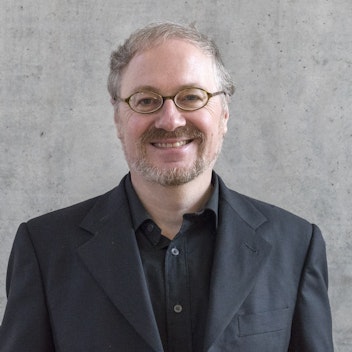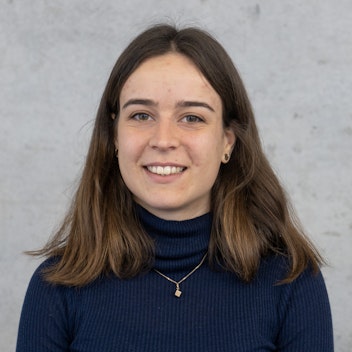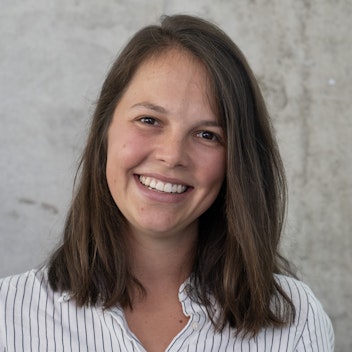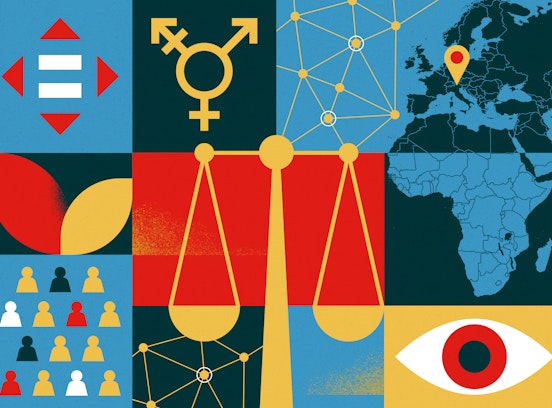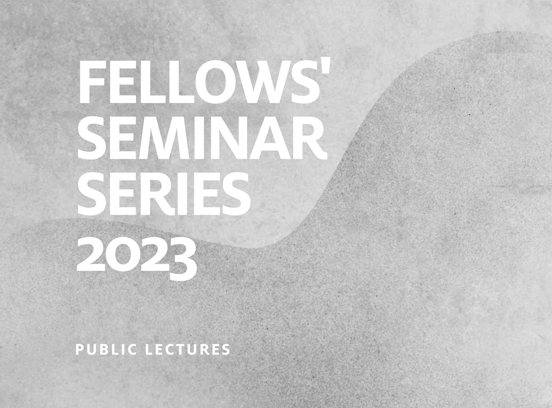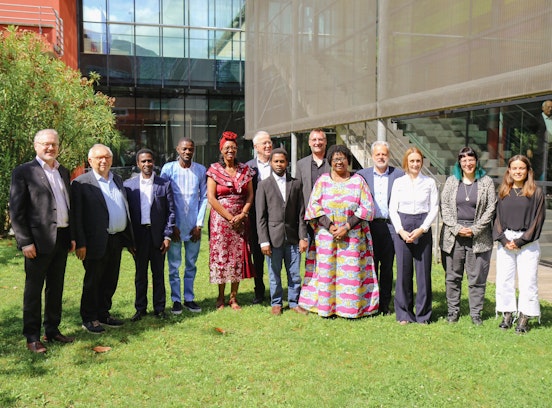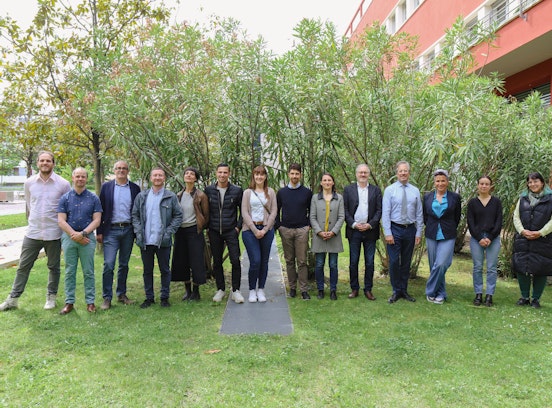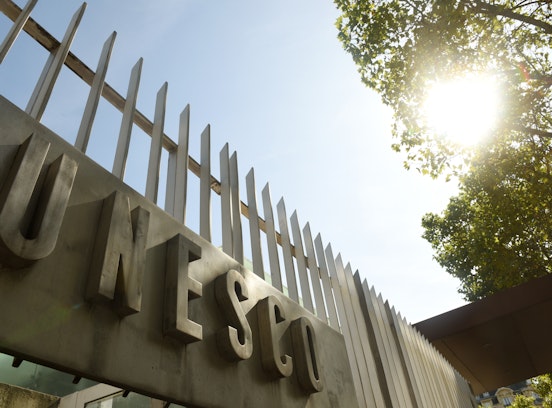Center for Advanced Studies - UNESCO Chair
UNESCO Chair
Welcome to the UNESCO Chair in Interdisciplinary Anticipation and Global-Local Transformation at the Center for Advanced Studies of Eurac Research
- Deutsch
- English
- Italiano
People are constantly preoccupied with what comes next. But as long as everyone does it for themselves, the imagination has pretty narrow limits. Together, we could imagine many more futures - and thus get the desire to shape them, says UNESCO. It wants to promote this collective project through "Futures Literacy".
The sociologist and political scientist Roland Benedikter is the Chairholder for the corresponding UNESCO Chair in Interdisciplinary Anticipation and Global-Local Transformation in South Tyrol.
The UNESCO Chair in Interdisciplinary Anticipation and Global-Local Transformation at the Center for Advanced Studies of Eurac Research is an integral part of the global network of UNITWIN/UNESCO Chairs launched by the United Nations in 1992. UNESCO is the United Nation’s educational, scientific and cultural organization dedicated to serve as the world’s “laboratory of ideas” by addressing key challenges of humanity and “building peace in the minds of men and women“ by bringing people and nations together through education, culture and science.
The UNESCO Chair at Eurac Research consists of a team which is integral part of the Center for Advanced Studies of Eurac Research. The UNESCO Chair is Roland Benedikter. A UNESCO Chair Fellowship is announced every year via international competition, including junior and senior representatives on a changing basis.
Find out more
The UNESCO Chair at Eurac Research is embedded in the Center for Advanced Studies which is dedicated to exploring the intersection of the global, the regional and the local, ie. the “Glocal”. At its core stands the approach of UNESCO Futures Literacy.
Futures Literacy is “the discipline of – and for – uncertainty” (Riel Miller) that wants to “use the future for the present”. It is dedicated to anticipate key global developments and to relate global, regional and local patterns of transformation by promoting the human capacity to work with futures and broadly implement the education for futures in order to create global-local, or “glocal”, futures of education, including future forums.
Established in 2022, the UNESCO Chair led by Roland Benedikter at Eurac Research is dedicated to three main objectives:
• To teach, apply and scientifically co-develop the methodological approach of UNESCO Futures Literacy in cooperation with the global UNESCO community. The goal of the Chair is to explore and anticipate potential and actual futures at the global-local interface by connecting different scientific approaches. This includes the co-development of “interdisciplinary anticipation” and the organization of UNESCO Futures Literacy Laboratories for the civil society as well as consultancy for decision-makers and citizens at all levels. The Chair cooperates closely with the South Tyrolean schools and education authorities to implement Futures Literacy in the educational sector on various levels, and provides life-long learning formats in UNESCO Futures Literacy and futures research for scientists and organizations.
• Second, to research and impact the interface of global-local transformation. This comes with a strong flavor of reforming globalization – a process also called “re-globalization” – towards a more sustainable and better contextualized “glocalization” which will benefit both globalization and local communities.
• Third, to scientifically advance the nascent Discipline of Anticipation in a joint effort together with other UNESCO Chairs worldwide. In addition to the classical methods of forecast – planning the near future – and foresight – imagining future scenarios in a medium-term outlook –, the approach of UNESCO Futures Literacy adds as the third element anticipation, i.e. using the future, conceived in a big picture and long-term perspective, to work with the present.
In pursuing these goals, the UNESCO Chair at Eurac Research is an expression of the official UNESCO Strategy 2022-29, which is part of the UN 2030 Agenda for Sustainable Development and includes as two of its main topics Gender and the Global South. On the regional and local level, the Chair is also related to the “South Tyrol Sustainable Development Strategy” and the “South Tyrol Regional Innovation Strategy for Smart Specialization (RIS3)”. The Chair periodically organizes “Futures Dialogues” for the provincial autonomous parliament, the provincial autonomous government and decision-makers of all societal sectors.
The UNESCO Chair at Eurac Research operates in three languages: English, Italian and German. It serves as a bridge between the Italian and German cultural spaces including the respective ethnicities and scientific cultures.
Cooperations
The UNESCO Chair in Interdisciplinary Anticipation and Global-Local Transformation is member of the network of Italian UNESCO Chairs "Dialoghi delle Cattedre UNESCO"/ Rete delle Cattedre UNESCO Italiane (ReCUI) and signatory of the network's "Declaration for Sustainability". The Chair works closely with the UNESCO Chairs in Trento (UNESCO Chair in Anticipatory Systems) and Klagenfurt (UNESCO Chair Global Citizenship Education) and actively supports the application of the City of Bolzano/Bozen to become a „UNESCO Creative City“.
- Wie die Zukunft human bleibt (December 2023)
- Südtirol erhält UNESCO-Lehrstuhl (October 2022)
- In the Age of Recurring Systemic Crises, UNESCO Futures Literacy Becomes a Core Global Policy Task (July 2022)
- The Future of European SMEs: Seven strategic axes for the re-globalization phase (July 2022)
- Der harte Weg nach oben: Kann Südtirol Vorreiterin in Sachen Geschlechtergerechtigkeit sein? (June 2022)
- UNESCO-Zukünftebildung: Von der Vorstellungskraft zur gemeinsamen Gestaltung (March 2022)
- UNESCO-Zukunftsbildung: „Die Armut der Einbildungskraft überwinden“. Ein neuer Bildungs-, Erziehungs- und Gestaltungs-Ansatz für alle (January 2022)
- "Futures Literacy", l'UNESCO incontra la rappresentanza permanente d'Italia e la CNIU (April 2021)
- Come sarà il mondo del futuro? Se ne parla oggi all’Eurac (January 2020)
- Eurac-Tagung: Die Welt erklären (January 2020)
- Zukunft - Zukünfte? Roland Benedikter im Gespräch über "Zukunftsdenken heute" (January 2020)
Links
Articles
Photo: Eurac Research
"Shaping the future must be a social movement"
An Interview with Roland Benedikter - the newly established UNESCO Chair in "Interdisciplinary Anticipation and Global-Local Transformation" at the Center for Advanced Studies of Eurac Research. Here he explains why we must consider the future as a skill - and how the will to participate should be encouraged to flourish in South Tyrol.
